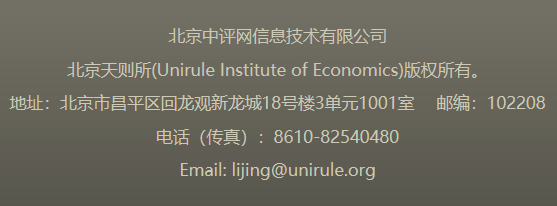摘要
健康权、就业权、住房权、受教育权是得到国际社会普遍承认的公民的四项重要经济权利。在政府承担主要义务的同时,西方各国NGO一方面通过直接提供相关服务,另一方面通过对政府部门和企业的监督、问责,在维护公民经济权利方面起到了积极的推动作用。
本课题探讨了形态、性质、机制、角色均与西方NGO有着很大不同的中国NGO在维护公民经济权利方面起着怎样的作用。课题的第一部分分析了NGO的含义及其在中国的复杂性;第二部分对约350家中国NGO进行了问卷调查,并对被调查NGO所属类型,成立时间,活动领域,活动方式,与政府、其他NGO的关系等进行了分析;第三部分对被拒之于民间组织合法框架之外,以工商注册等各种形式存在并获得现实社会合法性的4家NGO在在维护公民经济权利方面所起作用进行了典型个案研究;第四部分推演出具有一定代表性的结论:近年来,在中国政府采取了一系列立法、司法、行政等措施维护公民经济权利的同时,诸多NGO也在尊重、确认、保障和实现公民的健康权、就业权、住房权、受教育权方面付出了实实在在的努力,并取得了一定的成绩,但距离真正意义上NGO应起作用还有一定的差距。总的来说,NGO在维护公民经济权利时,呈现出以下4个特点:中国NGO在维护公民经济权利时,以向特殊人群、弱势人群提供社会服务为主,而且是以提供培训、宣传、出版刊物等浅层次社会服务活动为主,真正为外来打工者提供实实在在的法律援助、为流浪者提供住房等深层次社会服务活动的则非常有限;中国NGO具有倡导功能的却很少;中国NGO在维护公民经济权利时,与政府的补充性强,分权性弱;中国NGO在维护公民经济权利时,对政府的依附性强。第五部分是对中国NGO在维护公民经济权利方面状况的社会转型及文化背景诠释。最后课题指出,在未来的一段时间里,中国NGO在尊重、确认、保障和实现公民的健康权、就业权、住房权、受教育权方面所起作用不会有实质性的变化。
Abstract: The rights to health, employment, shelter and education have been generally recognized in the international community as the 4 most fundamental civil rights in the economic field. Governments are the ones that bear most obligations in this regard. Yet NGOs in the western world have played an active role in facilitating the protection of civil rights in the economic field. While providing direct services, they have been supervising and balancing the government and business communities. This paper explores the functions of NGOs in China, which are largely different from their western peers in terms of forms, identities, mechanisms and roles, in the preservation of civil rights in the economic field of the country. The first part provides an analysis on the definition of NGOs and the complicated situation, in which they are involved here in China. The second part is a questionnaire on about 350 NGOs in China, which covers aspects such as type of organization, date of foundation, scope/type of activities, and relations with the government and other NGOs. The third part consists of cases studies on the efforts for the preservation of civil rights in the economic field by 4 NGOs, which have been rejected the legal identities of civil organizations and maintained their legitimacy only through registration at the Industry and Commerce Administration. Part four provides a typical conclusion. While the Chinese government has taken a series of legislative, law enforcement, and administrative measures to protect the economic rights of the public, many NGOs have made respectable efforts and achievements for the protection of civil rights in the economic field, and for ensuring the respect, recognition, protection, and realization of the public’s rights to health, employment, shelter and education. In spite of all this, there’s still a long way to go before they can function as real NGOs. In general, NGOs have manifested the following features in their efforts to preserve civil rights in the economic field. While trying to protect the economic rights of the public, Chinese NGOs have been focusing on providing service to special/disadvantaged groups, particularly, the offering of training, publicity activities, publications and other general services for the lower classes. Yet there have been few in-depth social services such as legal assistance to migrant workers, or the provision of shelters to homeless people. Chinese NGOs have little influence in advocating for an activity. In their efforts to preserve civil rights in the economic field, Chinese NGOs remain highly dependent on the government, rather than being able to play a complementary role. Part five is an attempt to interpret Chinese NGOs’ efforts in preserving civil rights in the economic filed from the aspect of social transformation and cultural background. Finally, this paper points out that no substantial change is expected in Chinese NGOs’ role in ensuring the respect, recognition, protection, and realization of the public’s rights to health, employment, shelter and education in the near future.

